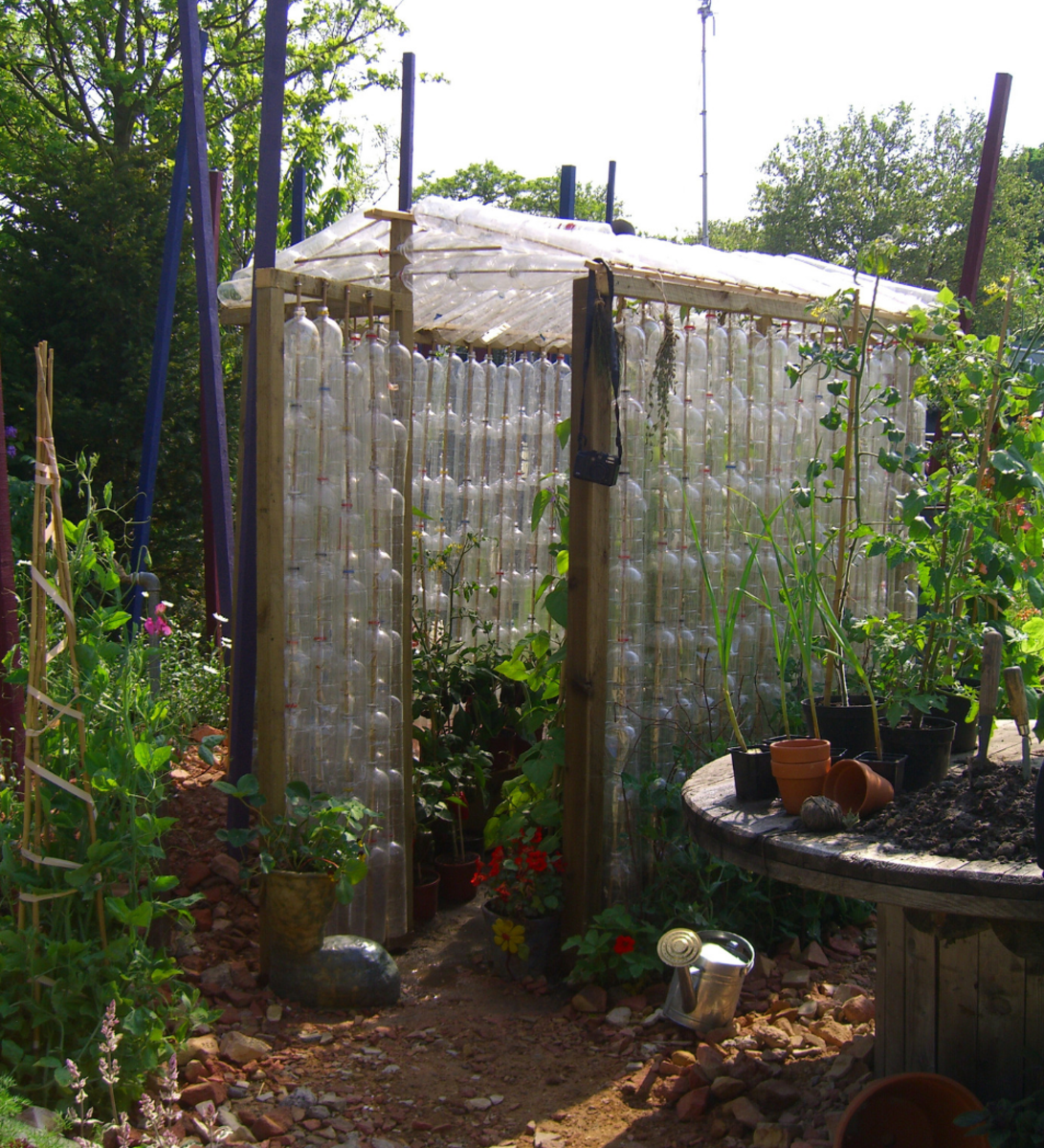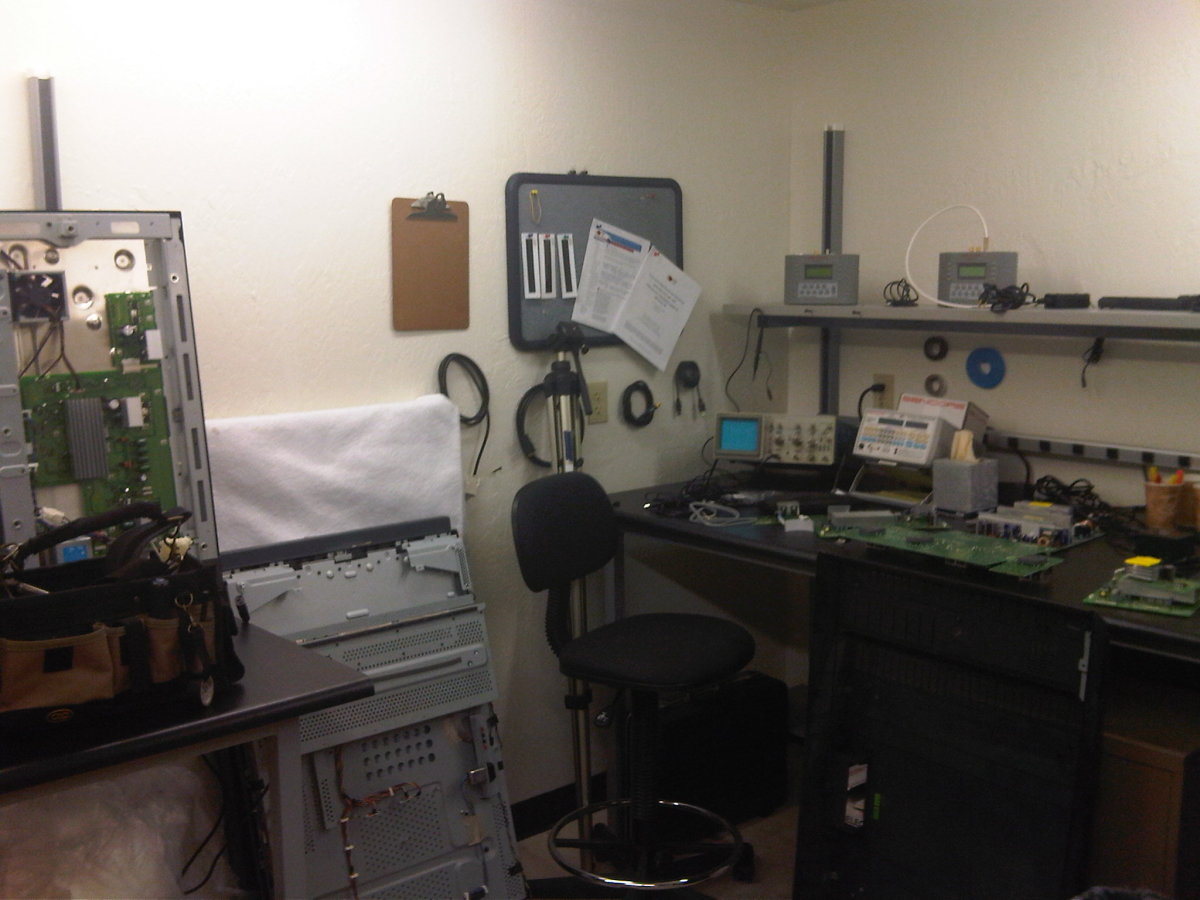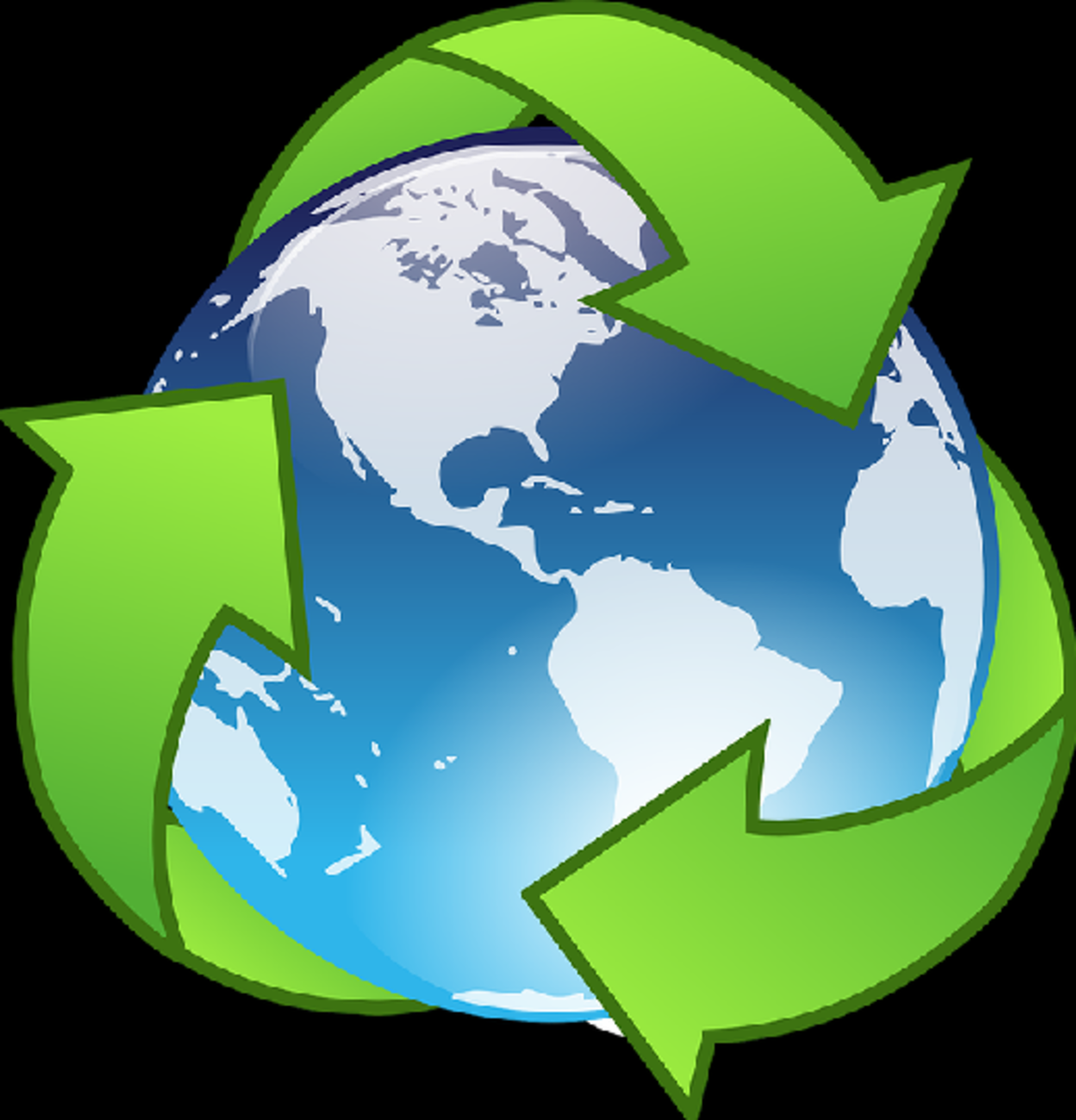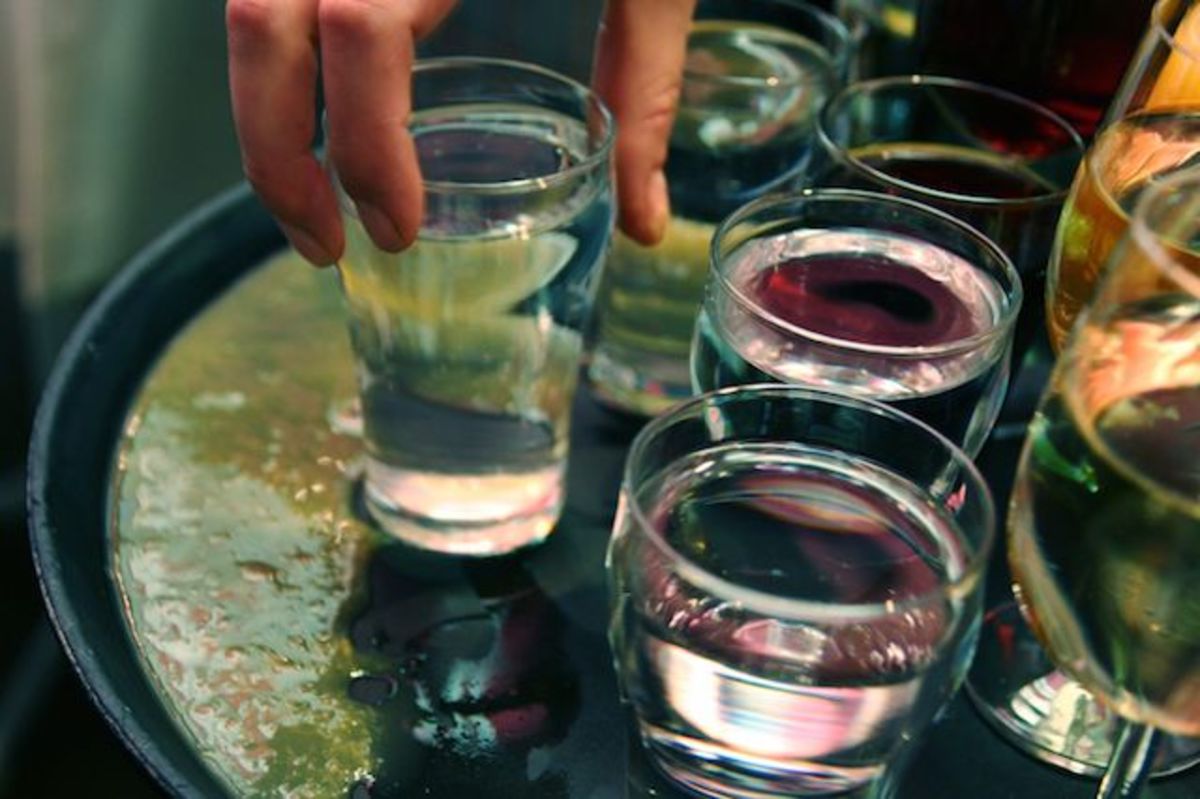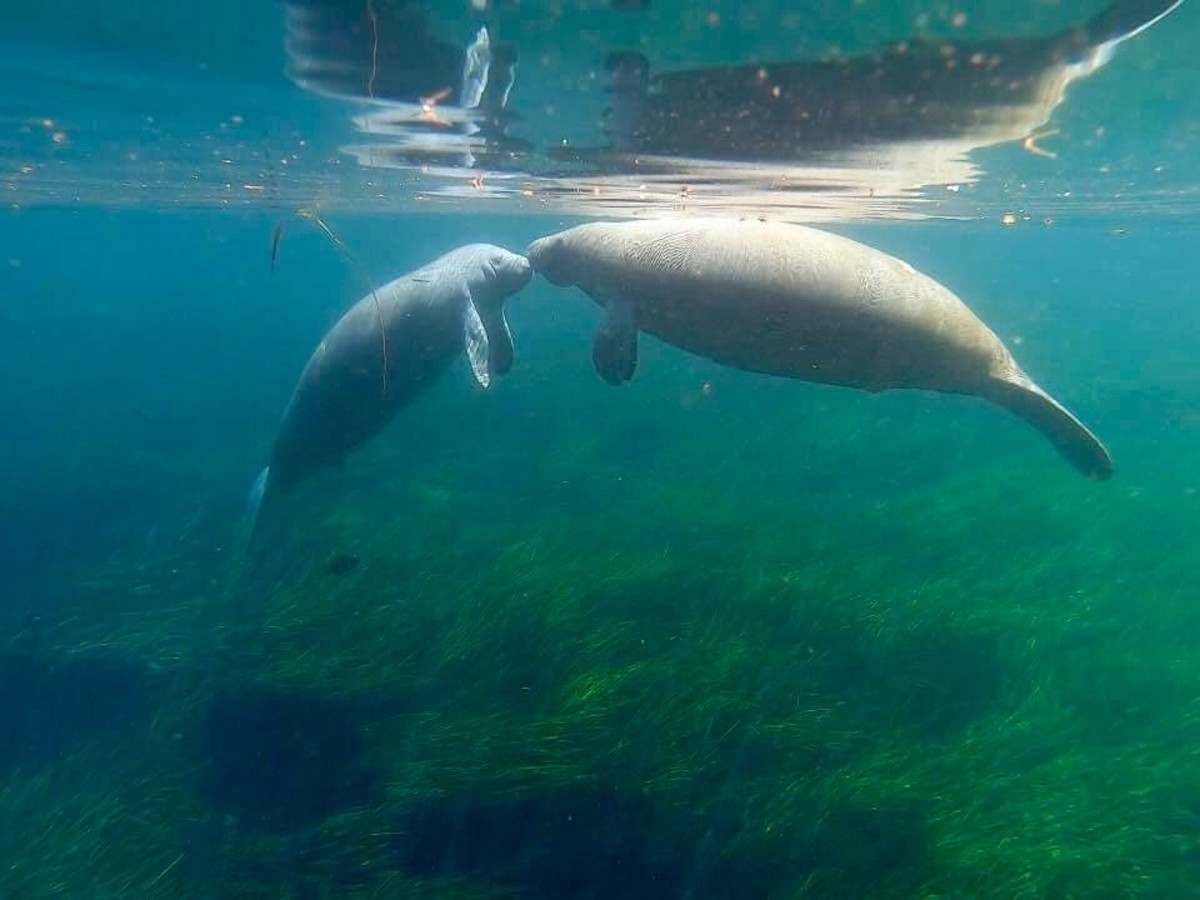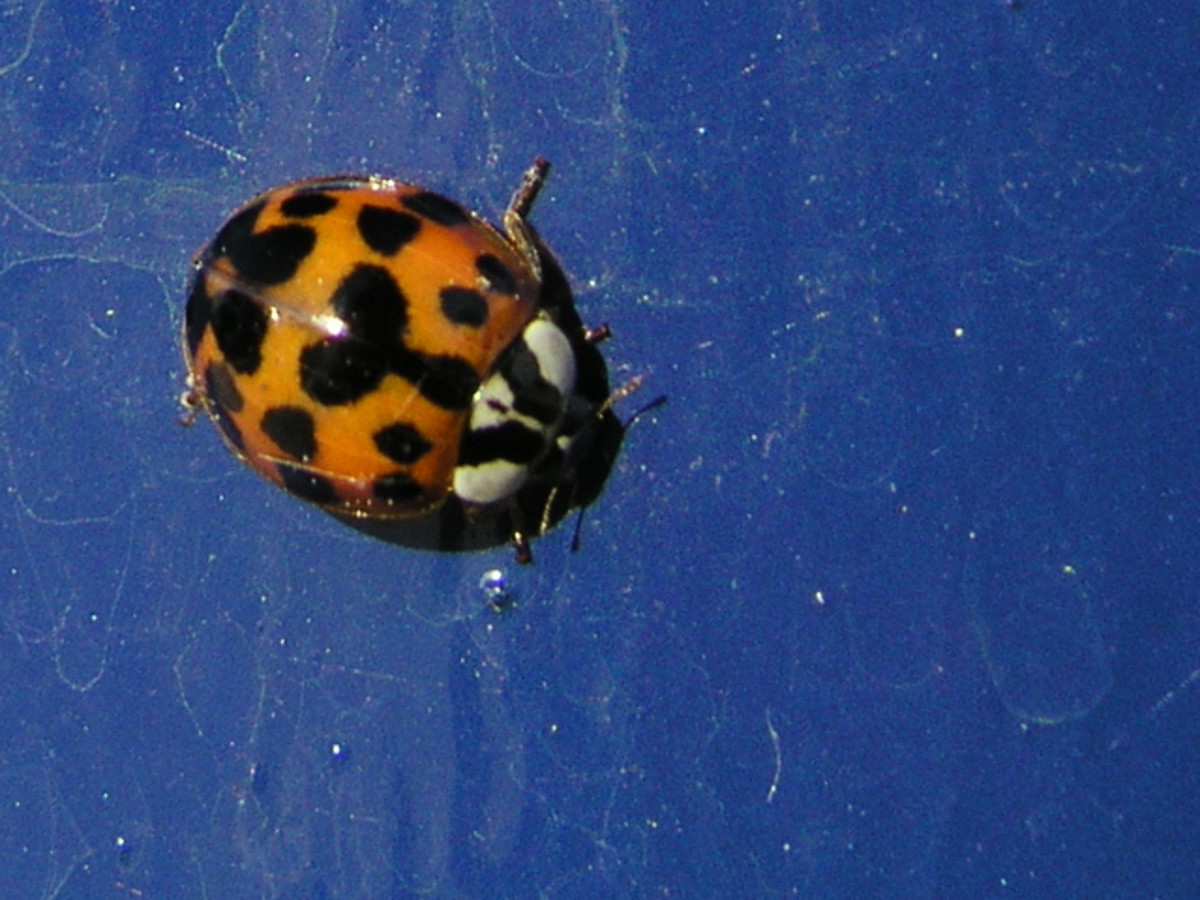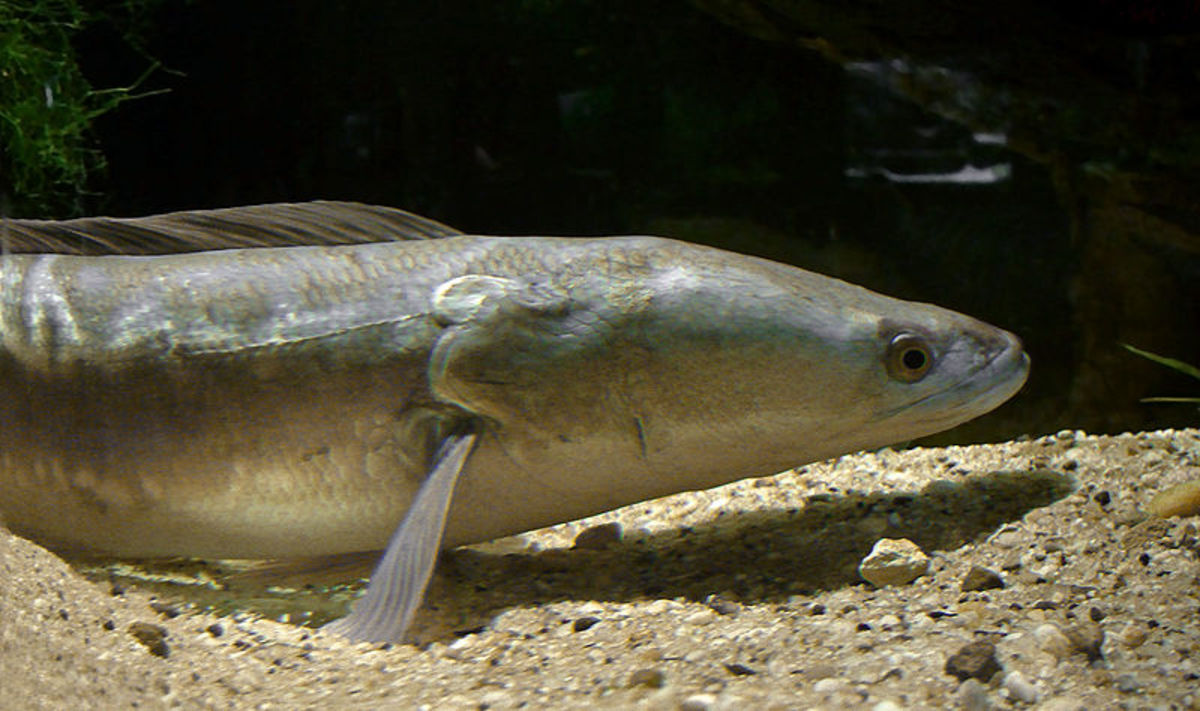Should We Change The Way We Make Water Bottles?
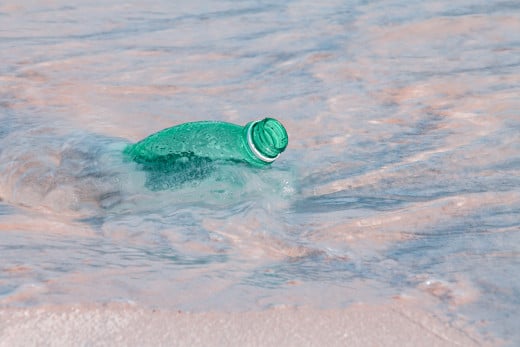
I didn't write this to just talk about water bottles. And I'm not here to say that plastic is pure evil. I wrote this to talk about us, people, and how we've developed and accepted this chronic and contagious habit of wastefulness.
This is about how we've seemingly overvalued convenience over conservation, and the rest of the world has never had enough time to cope. We know that time is running out for the rest of society to take a turn—where are we now, in terms of trying to make the world a better place not just for humans, but for everyone?
Let's first take a look at our plastic bottles—did you know that most of this stuff doesn't really naturally destroy itself? I think they call this sort of stuff 'non-biodegradable' because they're a thousand times harder to get rid of. And I hope this kind of video will shed some light on what I'm talking about:
- Midway Journey II - Bottle Caps - YouTube
John Klavitter, the deputy wildlife refuge Manager of the Midway Atoll National Wildlife refuge has spent almost 10 years on Midway Island. In this short fil...
Watching the video, you'd see that a lot of the waste we people generate end up on the ocean and subsequently end up inside the digestive tract of innocent creatures like birds. After watching that video you would also as well think twice about throwing out the plastic bottle you just drank water out of after you bought it from a 7-11, and heck you'd probably even think twice from now on of ever buying bottled water.
The scope of the wastes generated by human civilization can't be measured alone by the garbage patches we create on our large bodies of water. You can easily see waste generation by just watching people's habits. By just watching a single person and trying to think of other possible persons who would do the same and multiply that to a factor that would amount to an entire populace, you'd get a good idea of the extent of waste we generate.
Some innovations have been made by the most passionate people to try to create a revolution aiming to replace the entire plastic-water-bottle concept, and they're doing the environment a huge favor. You've probably already heard of this guy who made biodegradable water bottles out of algae:
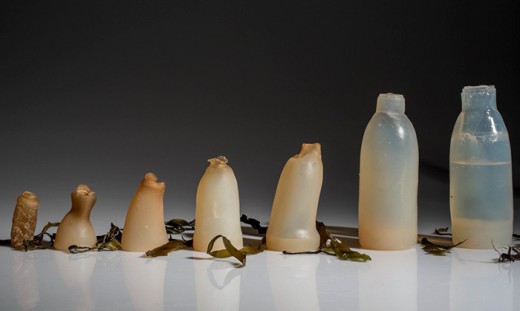
- Man Invents Biodegradable Algae Water Bottles
Unless we start firing our garbage into the sun, it's safe to say that some day soon we're all going to be living on one great big floating ball of trash. But
Another inspiring thing to watch is this video on how to make a homemade biodegradable water bottle that'll melt in your mouth! Yes, it's a little awkward to think that a water container should simply vanish along with the fluid that it's carrying and this isn't exactly a water bottle because it's spherical; but nonetheless, if we just tried as hard as this person here we would be doing our world a favor:
- DIY: How to Make an Edible Water Bottle or Bubble - YouTube
Inhabitat's Yuka Yoneda shows you how to make an edible water "bottle" using the process of spherification. Our article about the Ooho (http://www.oohowater....
It's hard not to appreciate human ingenuity - always finding a way to correct his own mistakes, always finding a better way to do things. People will never run out of ideas that are groundbreaking and beneficial to society as a whole. People are science magicians. But there is however this one weakness of people that is just too difficult to ever correct, almost impossible even; but definitely takes a huge amount of time. And that weakness is rooted in a human being itself - being able to break habits.
Our habit of wastefulness will take a very long time to correct. It will take some eye-opening images from Google Satellites and more news programs and documentaries and tabloids and horrific magazine covers and celebrity tweets and Instagram photos to get the public convinced that wastefulness has driven human kind to destroy its own world. It's not just about throwing away water bottles without recycling them or our failure to use more innovative and environment-friendly methods of keeping our domestic water supply. It's the whole idea of wastefulness that we should address. Lose yourself in this segment of Last Week Tonight tackling on Food Waste and find out just how wasteful we are:
- Last Week Tonight with John Oliver: Food Waste (HBO) - YouTube
Producers, sellers, and consumers waste tons of food. John Oliver discusses the shocking amount of food we don’t eat. Connect with Last Week Tonight online.....
I guess until the situation becomes as alarming as Global Warming then we can finally see a cultural shift and then famous actors and rock stars would finally start their own advocacy in an effort to save the world, but until then we'll probably stick to what's convenient and comfortable. Unless you're genuinely concerned about the environment, you wouldn't really even think twice of making 'green choices'. Most companies only make 'green choices' in their workplace because of the incentives that organizations provide, or only to make a name for themselves. Is there really anyone out there who genuinely cares about the world and the attitude of the human species towards conservation? There are a select amount of people, and you could say that this select amount is growing. It always starts with the whole idea. It doesn't necessarily take innovation. It just takes a willingness to break bad habits.
This content reflects the personal opinions of the author. It is accurate and true to the best of the author’s knowledge and should not be substituted for impartial fact or advice in legal, political, or personal matters.
© 2016 Greg de la Cruz

